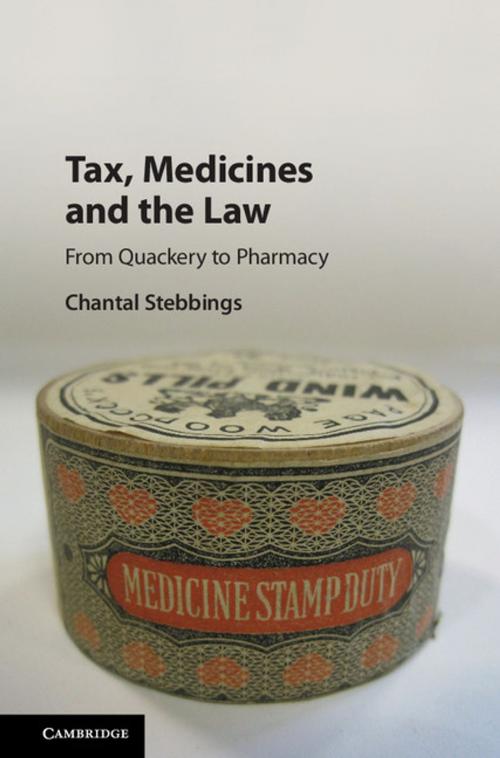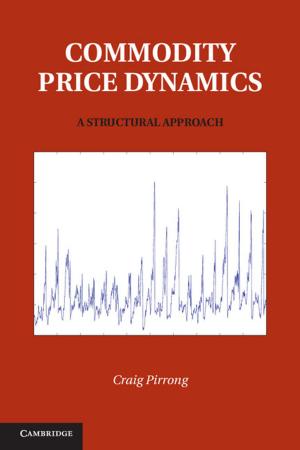Tax, Medicines and the Law
From Quackery to Pharmacy
Nonfiction, Reference & Language, Law, Health & Well Being, Medical, Business & Finance| Author: | Chantal Stebbings | ISBN: | 9781108546829 |
| Publisher: | Cambridge University Press | Publication: | October 26, 2017 |
| Imprint: | Cambridge University Press | Language: | English |
| Author: | Chantal Stebbings |
| ISBN: | 9781108546829 |
| Publisher: | Cambridge University Press |
| Publication: | October 26, 2017 |
| Imprint: | Cambridge University Press |
| Language: | English |
In 1783, a stamp duty was imposed on proprietary or 'quack' medicines. These largely useless but often dangerous remedies were immensely popular. The tax, which lasted until 1941, was imposed to raise revenue. It failed in its incidental regulatory purpose, had a negative effect in that the stamp was perceived as a guarantee of quality, and had a positive effect in encouraging disclosure of the formula. The book explains the considerable impact the tax had on chemists and druggists - how it led to an improvement in professional status, but undermined it by reinforcing their reputations as traders. The legislation imposing the tax was complex, ambiguous and never reformed. The tax authorities had to administer it, and executive practice came to dominate it. A minor, specialised, low-yield tax is shown to be of real significance in the pharmaceutical context, and of exceptional importance as a model revealing the wider impact of tax law and administration.
In 1783, a stamp duty was imposed on proprietary or 'quack' medicines. These largely useless but often dangerous remedies were immensely popular. The tax, which lasted until 1941, was imposed to raise revenue. It failed in its incidental regulatory purpose, had a negative effect in that the stamp was perceived as a guarantee of quality, and had a positive effect in encouraging disclosure of the formula. The book explains the considerable impact the tax had on chemists and druggists - how it led to an improvement in professional status, but undermined it by reinforcing their reputations as traders. The legislation imposing the tax was complex, ambiguous and never reformed. The tax authorities had to administer it, and executive practice came to dominate it. A minor, specialised, low-yield tax is shown to be of real significance in the pharmaceutical context, and of exceptional importance as a model revealing the wider impact of tax law and administration.















